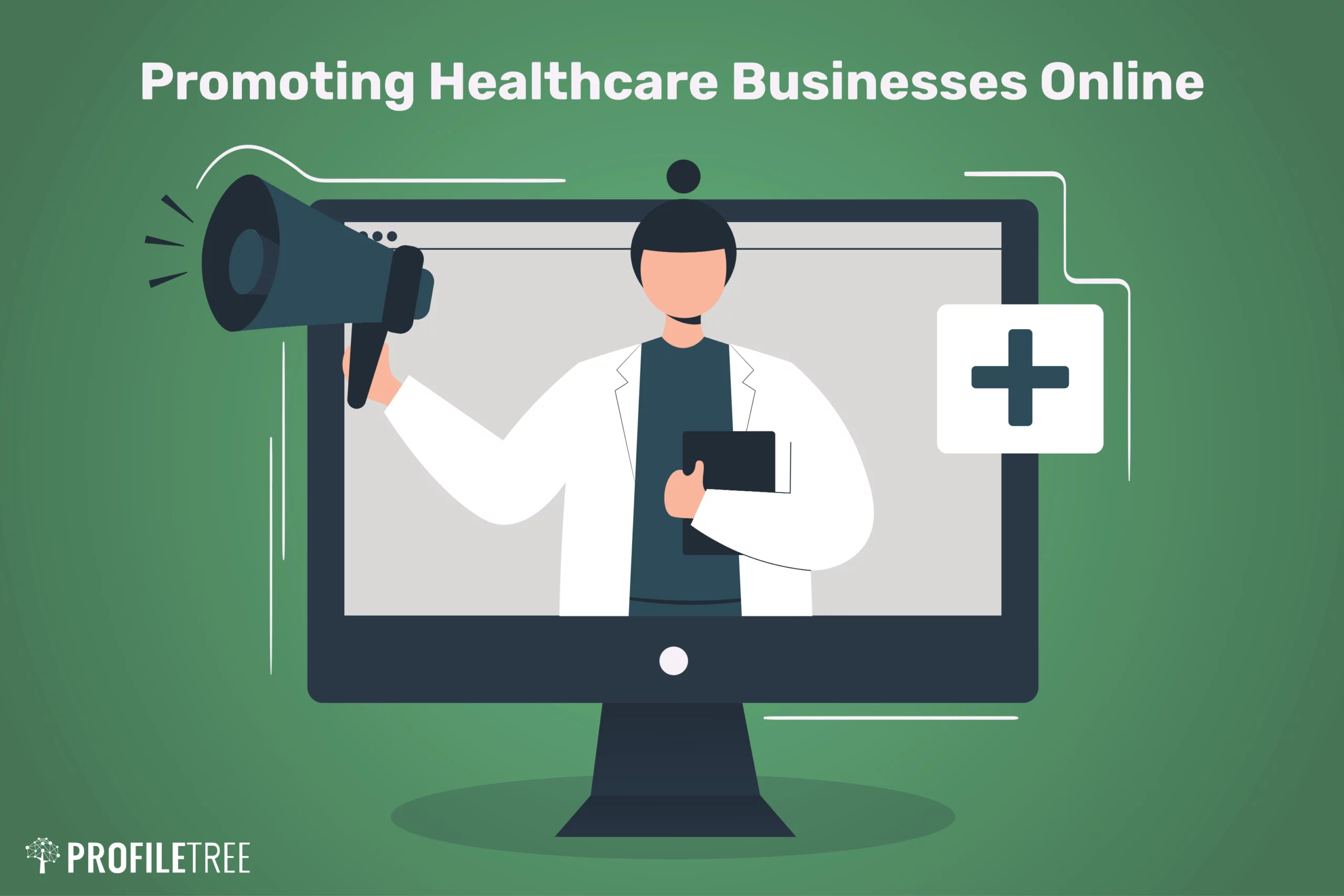Subscription Based Healthcare: Transforming the Way We Think Of Health
Subscription Based Healthcare: Transforming the Way We Think Of Health
Blog Article
The Increase of Subscription-Based Health Care and Its Impact on Person Care
As health care develops, the subscription-based version is acquiring grip, promising to revolutionize individual care by offering predictability and accessibility. The capacity for these versions to reshape healthcare distribution raises pressing concerns regarding their long-term sustainability and inclusivity. Are these registration solutions the future of healthcare, or do they risk leaving vulnerable populaces behind?
Comprehending Registration Health Care Models
Grasping the idea of subscription medical care versions entails analyzing a transformative method to clinical solutions that stresses cost and availability. These designs, often described as direct health care (DPC) or concierge medication, have become innovative options to conventional fee-for-service health care systems. Subscription healthcare allows people to pay a set month-to-month or yearly fee for a defined collection of medical solutions, which might consist of endless workplace brows through, routine check-ups, and standard lab tests, without the requirement for typical insurance invoicing.
The framework of membership health care models is created to improve patient care by removing third-party payers and complicated payment codes, thereby reducing management worries. Doctor can focus extra on client care, promoting stronger patient-provider relationships. This model likewise promotes preventative care by motivating normal sees, as the financial challenge of per-visit costs is removed.
The membership design commonly empowers doctor to manage smaller sized client panels, enabling more customized care. It straightens financial incentives with individual health outcomes, as service providers are encouraged to preserve person contentment and wellness. Overall, recognizing membership medical care models calls for identifying their prospective to improve just how treatment is provided and accessed.
Advantages for Carriers and clients

For carriers, subscription-based versions provide the chance to grow patient-provider partnerships. With a consistent revenue stream, medical care professionals can dedicate more time to every patient, causing an extra personalized and comprehensive care experience. This version additionally reduces dependence over client volumes, relieving burnout and boosting job satisfaction. The emphasis on precautionary care within registration plans can lead to better client end results and minimized long-lasting health care prices. By concentrating on constant treatment, carriers can address problems before they escalate, eventually profiting the health care system all at once by minimizing the concern on emergency situation and intense treatment solutions.
Issues and obstacles
While subscription-based healthcare versions existing numerous benefits, they also feature a collection of obstacles and problems that need to be dealt with. Initially, access stays a significant issue, as these models typically target people who can afford monthly fees, possibly omitting low-income populations. This elevates moral questions concerning equitable access to healthcare services. In addition, the different nature of subscription plans can result in complication among individuals regarding protection specifics, possibly resulting in unmet expectations or poor treatment.
Financial sustainability of subscription-based designs is one more problem. Providers need to stabilize the set income from registrations with the variable costs of healthcare solutions, which might change as a result of unexpected medical requirements. This can create pressure to restrict services or increase costs, possibly affecting person fulfillment and care quality.
Furthermore, regulatory oversight of subscription-based medical care models is still developing. Addressing these challenges is essential for the successful and equitable application of subscription-based health care.
Influence On Patient-Doctor Relationships
One substantial impact of subscription-based medical care designs on patient-doctor relationships is the capacity for boosted continuity and customized treatment. By adopting a registration version, doctors can take care of a smaller patient panel, permitting for more committed time with each person. This boosted schedule promotes a deeper understanding of an individual's case history, lifestyle, and preferences, allowing more customized treatment strategies and treatments.

Nevertheless, it is very important to acknowledge that while subscription-based versions may benefit those who can manage them, they could accidentally broaden medical care variations. Individuals who are click here for more info unable to join these models may experience decreased accessibility to customized care, potentially influencing their partnerships with healthcare service providers. Thus, while the registration version provides promising advantages for patient-doctor relationships, it also poses challenges that need to be resolved to guarantee equitable healthcare access.
Future of Medical Care Accessibility
The function of innovation can not be ignored in this makeover. Telemedicine systems and electronic health and wellness records help with smooth interaction between people and health care suppliers, breaking down geographical and logistical obstacles. In addition, innovations in expert system and data analytics can further customize healthcare by predicting individual requirements and optimizing treatment plans.
Nevertheless, the future of medical care accessibility likewise offers obstacles, such as ensuring equity throughout various socio-economic groups. Policymakers and doctor should collaborate to link the electronic divide, ensuring that subscription-based models remain comprehensive and economical. As these systems grow, they hold the pledge of making health care more accessible, reliable, and patient-centric.
Conclusion
Subscription-based healthcare models are improving patient treatment by giving a stable expense structure and boosting ease of access. These designs strengthen patient-provider connections via individualized care and normal sees, stressing preventative health and wellness. In spite of these benefits, challenges such as ease of access Homepage concerns for low-income populations and the requirement for equitable medical care services continue. The rise of subscription-based healthcare encourages positive patient involvement, which has the possible to improve patient end results and complete satisfaction, signifying a transformative change in medical care delivery.
As healthcare advances, the subscription-based design is acquiring grip, promising to transform patient treatment by using predictability and accessibility.Subscription-based medical care designs provide distinct advantages for both patients and suppliers, enhancing the total health care experience.As health care systems evolve, the future of medical care gain access to frequently pivots on the integration of cutting-edge versions and modern technologies.Subscription-based healthcare designs are improving patient treatment by supplying a steady expense structure and boosting access. The rise of subscription-based healthcare urges proactive individual interaction, which has the prospective to improve individual results and satisfaction, signifying a transformative shift in health care delivery.
Report this page